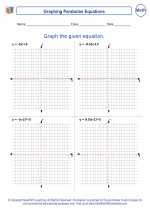Control Group
A control group is a part of an experiment that is used as a standard of comparison. It is a group in which the independent variable being tested is not applied so that it can be compared to the experimental group where the independent variable is applied. The purpose of a control group is to provide a baseline for comparison, to ensure that any effects observed in the experimental group are actually due to the independent variable being tested, and not to other factors.
Key Concepts:
- Comparison: The control group allows researchers to compare the results from the experimental group to see if the independent variable had any effect.
- Baseline: It provides a baseline for comparison to ensure that any changes or effects observed in the experimental group are due to the independent variable and not other factors.
- Eliminate Bias: Having a control group helps eliminate bias and ensures that any observed effects are not due to expectations or beliefs of the researchers.
Examples:
For example, in a study testing the effectiveness of a new medication, the control group would be given a placebo or an existing standard treatment, while the experimental group would be given the new medication. By comparing the results of the two groups, researchers can determine if the new medication has any significant effects.
Study Guide:
To understand the concept of a control group, it is important to remember the following key points:
- What is a control group and its purpose?
- How is a control group used in an experiment?
- Why is it important to have a control group in an experiment?
- What are some examples of control groups in real-life experiments?
Understanding the role of control groups in experiments is crucial for interpreting the results of scientific studies and drawing accurate conclusions.
.◂Math Worksheets and Study Guides Seventh Grade. Nonlinear Functions and Set Theory

 Worksheet/Answer key
Worksheet/Answer key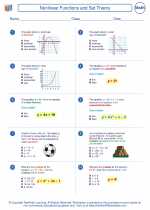
 Worksheet/Answer key
Worksheet/Answer key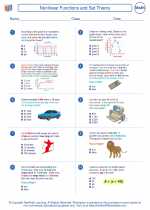
 Worksheet/Answer key
Worksheet/Answer key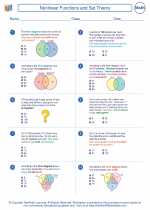
 Worksheet/Answer key
Worksheet/Answer key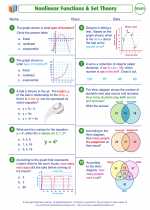
 Worksheet/Answer key
Worksheet/Answer key